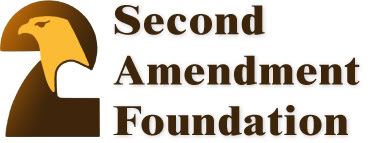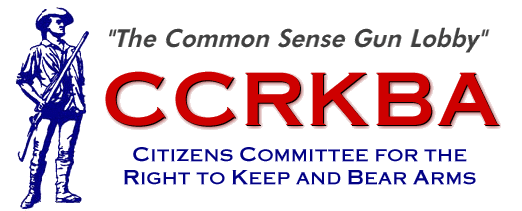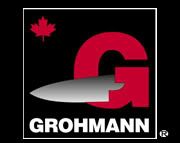In general:
#1 - you must own the firearm you're selling
#2 - the buyer must be qualified/legal to purchase in THEIR state of residence
#3 - you must ship to an FFL for the transfer. THE FFL does the background check. The buyer will tell you to whom and MUST provide a copy of that FFL. Some FFLs, by personal preference or local law will only accept from another FFL. The sending FFL, in that instance, is YOUR responsibility (but you can have the buyer pay for it). The sending FFL gets the buyer's FFL copy.
#4 - it is YOUR responsibility to be certain that the buyer appears to be legit before you send the firearm and to ensure that you are paid. In other words, due diligence.
NOTE: EVERY state has slightly different laws that may affect a transfer. Pay particular attention to CA, IL, NY, NJ, and MA. You may ship via Fed Express or UPS. You may ship a long gun via USPS. You may NOT ship a handgun via USPS. An FFL may use any carrier that will accept the item for shipment.
That's it in a nutshell. Again, I am not a lawyer, not qualified to give legal advice. The seller and buyer are personally responsible for adhering to all federal, state and local laws regarding the sale or transfer of firearms.
Let's go back to #3 above. There are lots of questions as to the law and I want to take a moment to address those. Again, I am not a lawyer, my comments here are not legal advice and there are differences depending on the buyer's and seller's state(s) of residence...
From the BATFE FAQ:
Q: May an unlicensed person obtain a firearm from an out-of-State source if the person arranges to obtain the firearm through a licensed dealer in the purchaser’s own State?Further, there are scammers in every field. To verify if the FFL is for real click here; https://www.atfonline.gov/fflezcheck/ plug in the numbers then check the premises address. The scammers use the name and # but change the shipping address to illegally receive the gun. You must ship to the licensed premises.
A person not licensed under the GCA and not prohibited from acquiring firearms may purchase a firearm from an out-of-State source and obtain the firearm if an arrangement is made with a licensed dealer in the purchaser’s State of residence for the purchaser to obtain the firearm from the dealer.
[18 U.S.C. 922(a)(3) and 922(b)(3)]
Q: What record-keeping procedures should be followed when two private individuals want to engage in a firearms transaction?
When a transaction takes place between private (unlicensed) persons who reside in the same State, the Gun Control Act (GCA) does not require any record keeping. A private person may sell a firearm to another private individual in his or her State of residence and, similarly, a private individual may buy a firearm from another private person who resides in the same State. It is not necessary under Federal law for a Federal firearms licensee (FFL) to assist in the sale or transfer when the buyer and seller are “same-State” residents. Of course, the transferor/seller may not knowingly transfer a firearm to someone who falls within any of the categories of prohibited persons contained in the GCA. See 18 U.S.C. §§ 922(g) and (n). However, as stated above, there are no GCA-required records to be completed by either party to the transfer.
There may be State or local laws or regulations that govern this type of transaction. Contact State Police units or the office of your State Attorney General for information on any such requirements.
Please note that if a private person wants to obtain a firearm from a private person who resides in another State, the firearm will have to be shipped to an FFL in the buyer’s State. The FFL will be responsible for record keeping. See also Question B3.
Q: May a nonlicensee ship a firearm by common or contract carrier?
A nonlicensee may ship a firearm by a common or contract carrier to a resident of his or her own State or to a licensee in any State. A common or contract carrier must be used to ship a handgun. In addition, Federal law requires that the carrier be notified that the shipment contains a firearm and prohibits common or contract carriers from requiring or causing any label to be placed on any package indicating that it contains a firearm.
[18 U.S.C. 922(a)(2)(A), 922(a) (3), 922(a)(5) and 922(e), 27 CFR 478.31 and 478.30]






















No comments:
Post a Comment